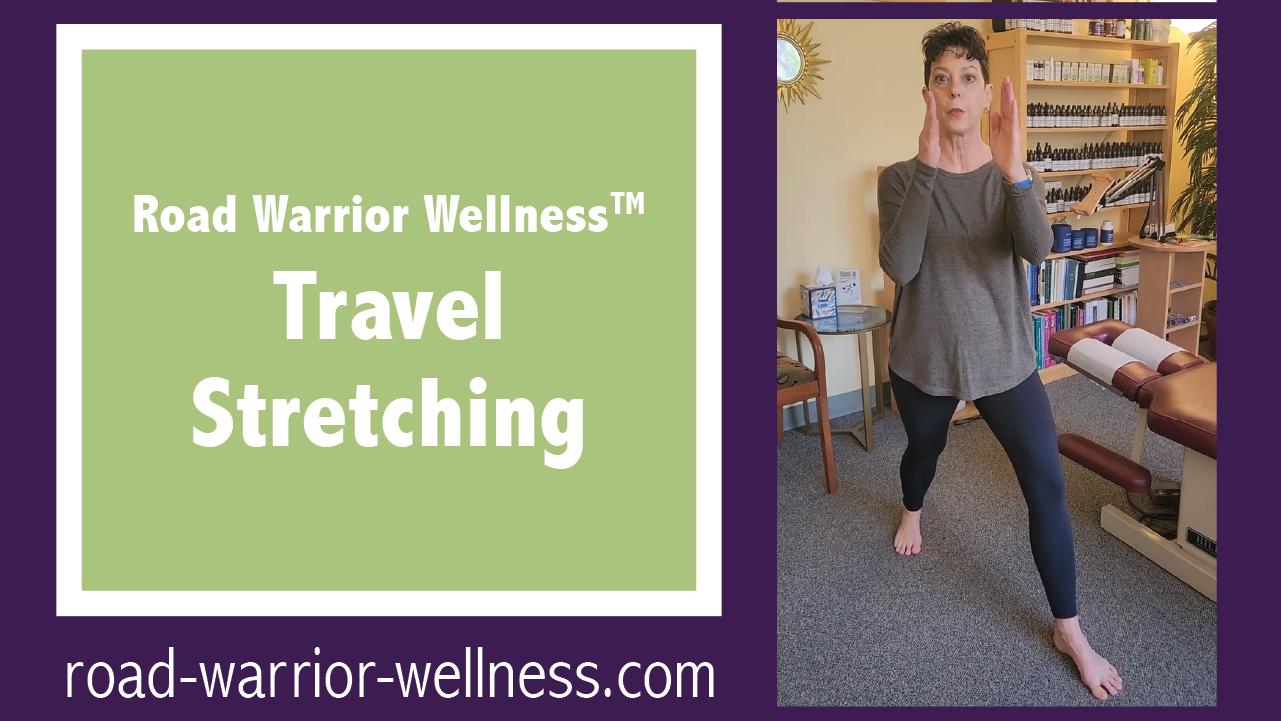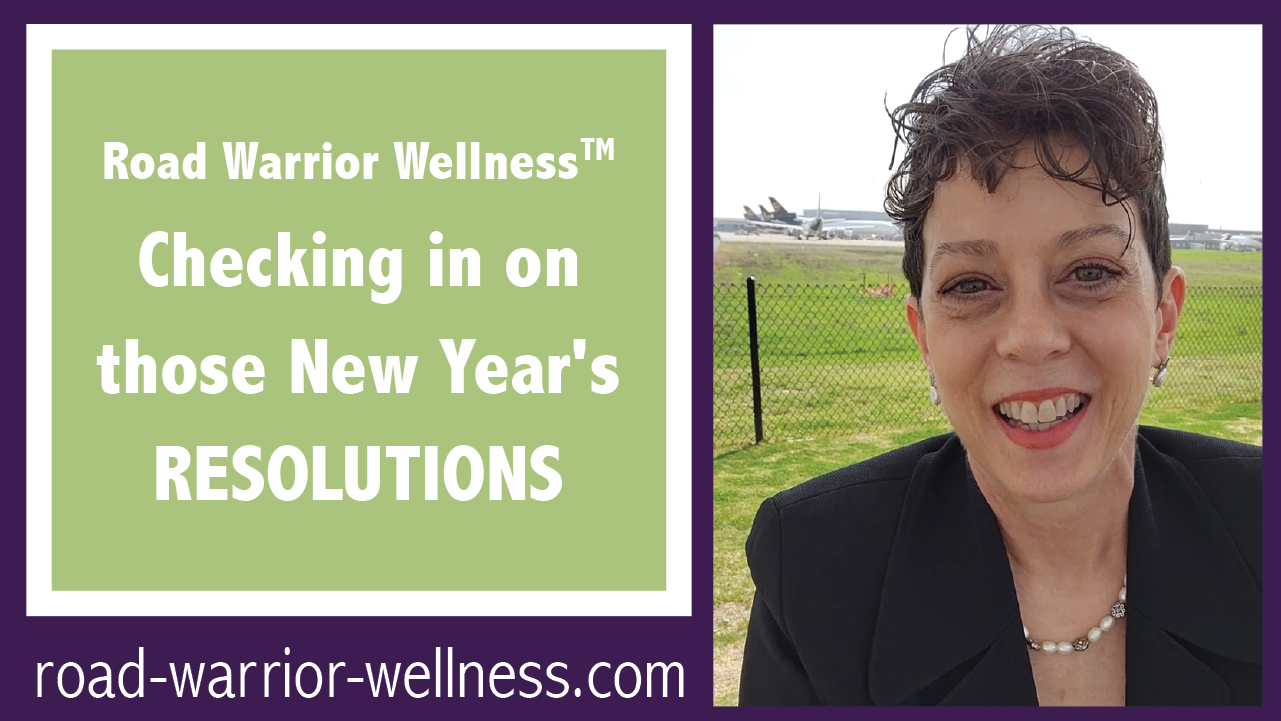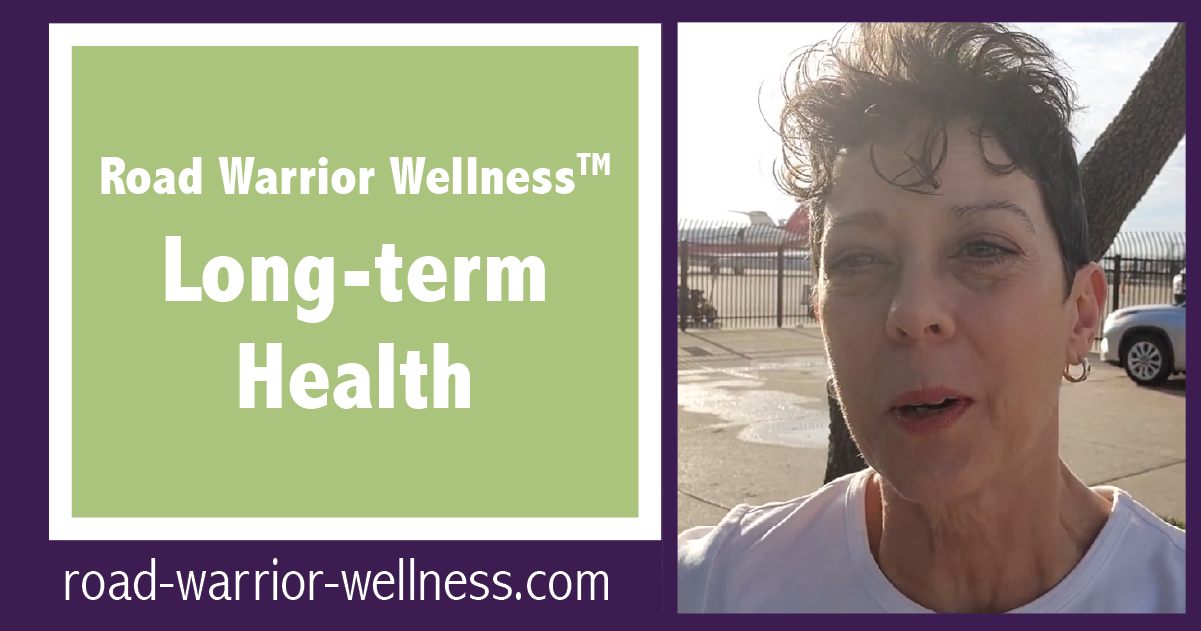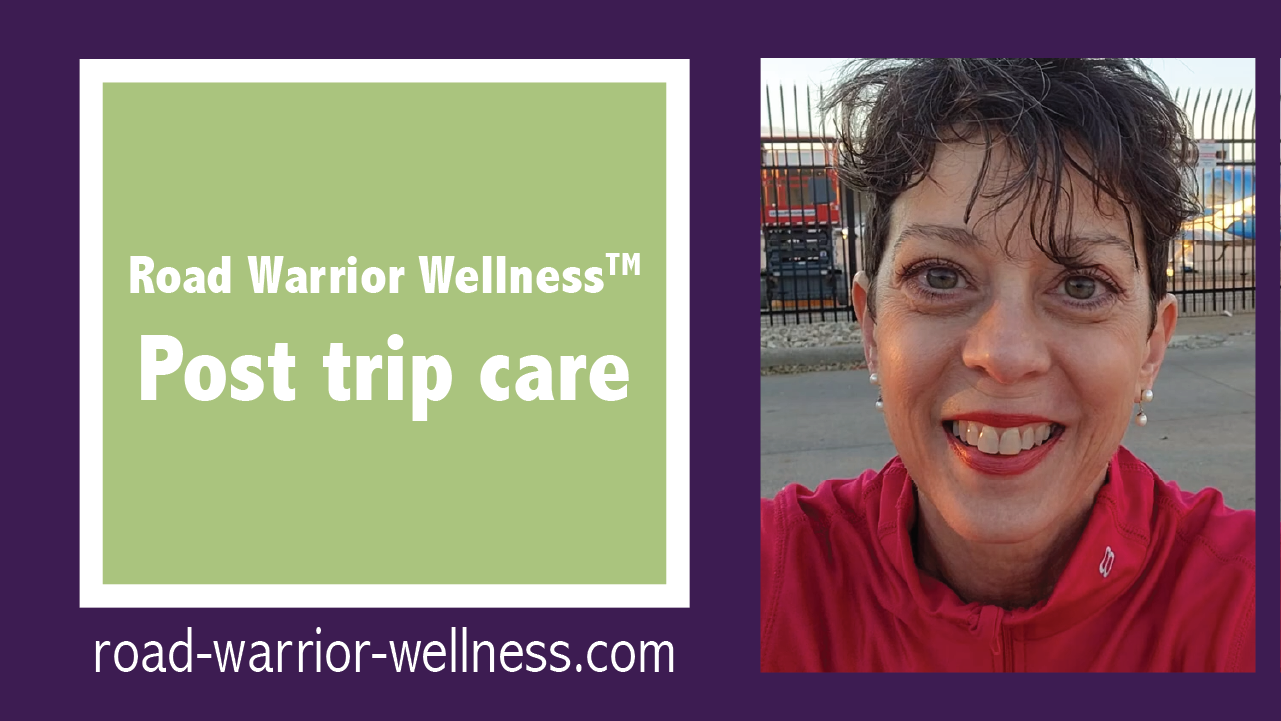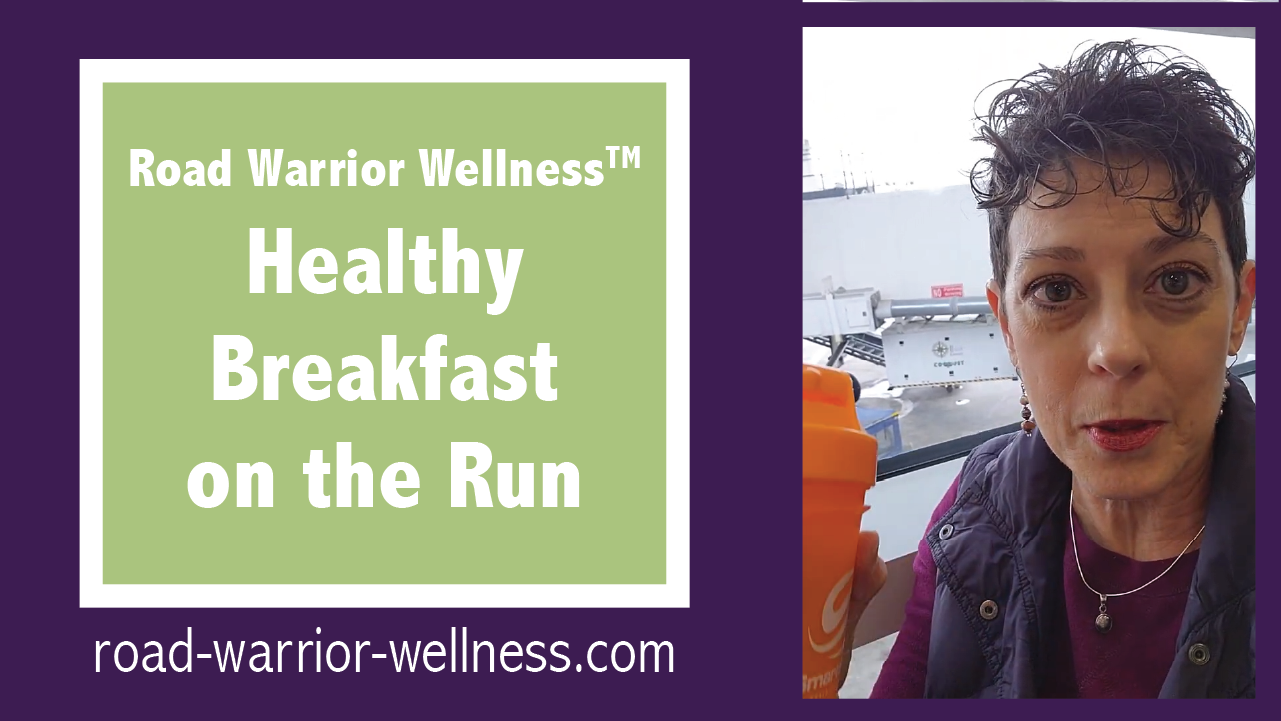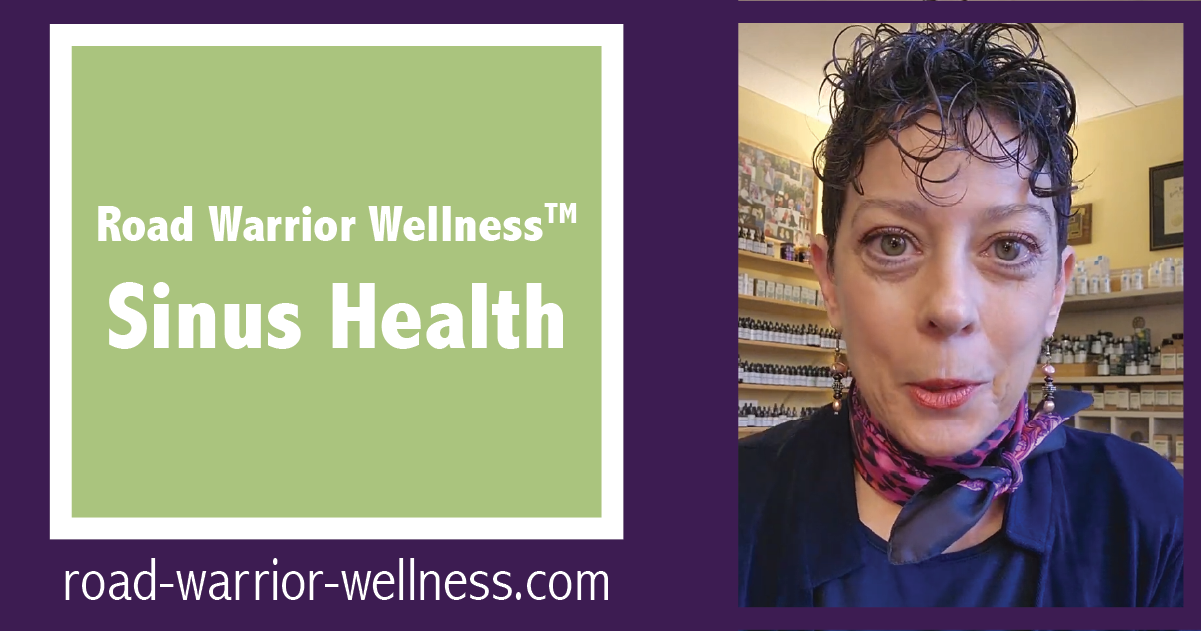Many of you have been working remotely in your home environments during the past few months. While it’s easier to control your individual environment, please know that businesses carry a significant burden to have the workplace as ready as possible for your safe return. Let’s discuss the basics of going back to the work-world post COVID-19.
We know that SARS-CoV-2 or COVID-19 is highly transmissible due to the spread through respiratory droplets in the air. This is why we want to keep a minimum of 6 feet from others to avoid exposure from possible respiratory droplets through the breath. While we know that people can be non-symptomatic carriers, (2-3 days before symptoms start) there is still a great deal of unknown information about the spread from non-symptomatic carriers. Incubation appears to be 4-5 days for 90% of people. If you’re unwell or feel like you’re on the verge of being sick, stay home! If you can hear that someone around you is unwell, avoid being less than 6 feet from them and by all means, keep your face mask on. We also know from an immune response perspective, that viral shedding generally occurs in the first 3-5 days of being sick, peaking in 5-6 days. This is when the viral load for an ill person is highest and they are most contagious through spread, primarily respiratory droplets in the case of COVID-19 or SARS-CoV-2.
Those of us in the Wellness community are focused on having a healthy, strong terrain. We know that when you have a good, clean diet, your blood is more alkaline (ideal) than when you eat poorly, which increases blood acidity and promotes inflammation. This acidity provides the exact terrain for COVID-19 or SARS-CoV-2 to enter your body and set up camp.
Testing:
Swab-test is for the presence of COVID-19/ SARS-CoV-2, positive/negative – diagnosis. You want to swab-test within the first 7 days of symptoms for best and most accurate results. After 7 days, you lose a lot of sensitivity. If testing positively, you do not need to test for the antibody.
IgG-Antibody (blood) testing. – Highly sensitive and specific. This gives us info on your exposure and immunity to COVID-19. Qualitative testing means yes or no for exposure. There is an initial peak at around 10 days post onset of symptoms, ideally do the antibody test 14 days out from onset. There is another peak around 90 days. Negative results don’t rule out infection.
100.4 degrees – have a thermometer with you and on hand if you travel for work.
There is a study (Emerg Infect Dis. 2007 Oct;13(10):1562-4. doi: 10.3201/eid1310.070576) showing that “93.88% and 89.58% of SARS-CoV-1, IgG positive patients had immunity after 1 and 2 years.” This is an important finding given that SARS-CoV-2 enters the cells differently from SARS-CoV-1, but acts similarly once in the cells.
Personal Hygiene:
Hand washing/sanitizing – still the best way to avoid infecting yourself from having touched a contaminated surface and transferring to your eyes, nose and/or mouth. Good idea in general!
Staying strong, healthy and viral-free – reduce your sugar intake and avoid simple carbs that quickly turn into simple forms of glucose and promote inflammation. Focus on fresh fruits, veggies and clean sources of animal protein (wild seafood, pasture-raised poultry and beef).
Hygiene and cleanliness practices – clean your mobile device, TV remote and computer mouse daily. Also hit the keyboard, doorknobs and common surfaces with a disinfectant cleaner.
Public Hygiene:
Mask wearing when inside and less than 6 feet from others will contain the spread of respiratory droplets through breath, and saliva. Lots to be said for physical distancing!
Workplace cleaning and sanitizing – clean your desk area each morning when you first arrive, including phone, keyboard, mouse and all surfaces.
Businesses (of certain sizes) must provide statutory leaves (FFCRA & FMLA) if there is COVID-19 involvement either for the employee or a dependent family member that requires care.
Age is a discriminator because we know that those over 65 have increased immune susceptibility. There is research showing that as we age, we produce less DHEA (a valuable hormone) that can pre-dispose those over 65 to COVID-19.
For higher-risk individuals, the workplace is still required to accommodate where possible. If you have an underlying condition, speak with your employer and discuss options to keep you well. Thanks to HIPAA, they must keep your information private. Take responsibility for yourself and your health.
Business Travel – Essential & Non-essential:
Each business has limitations for personal travel and required reporting for being as healthy as possible in order to travel for work.
PPE – take plenty of disposable masks or a couple of fabric masks with you when traveling.
Many of you already know I’m a big fan of disinfectant wipes when aboard an airplane – use on everything around your seat that’s not fabric. Use in your hotel room for all doorknobs, handles, remote, phone, clock radio, etc.
HVAC – bring your own personal air cleaner with you to run in your hotel room.
Nutrition and You:
Vitamin D – about 2000 mg/day as a standard dosage amount. Inverse links between Vitamin D and mortality – Dr. Rose Anne Kenny, MD, Trinity College Dublin, Ireland has co-authored an article published in Medscape Medical News, Vitamin D: “A Low-Hanging Fruit in COVID-19?” that discusses Vitamin D’s role in fighting the severity of a COVID-19 infection.
Zinc – mitigates the inflammatory effects (80 mg/day for the short term) and helps control oxidative stress in the involved tissues, organs and glands. Zinc deficiency can play a role in immune deficiency and inflammation response through activating T-lymphocytes. Zinc is also involved in anti-viral activity and in vitro experiments have shown that Zn2+ (Zinc ion) decreases the activity of ACE2 (angiotensin-converting enzyme 2) known to be the COVID-19 receptors for entry into the cells.
Vitamin E – has been shown to protect the lungs from the oxidative stress of COVID-19.
Ascorbic acid – (a form of Vitamin C) has also been shown to support normal immune response when under stress.
Probiotics – an invaluable source of nutrition for a healthy gut and immune system.
B cells are your immune cells producing antibodies. T cells (immune cells) act on the antibodies. T-regulatory cells are involved in resolving the infection and immune response.
Yes, there’s a lot to know about this virus and continual information makes its way to the public on a regular basis. I believe the most important thing you can do is stay healthy and strong! I have written a number of articles, two books and have videos on doing this through simple steps. Check them out and take one to two steps to build better health today!



